Lighting the way
As our staff networks celebrate their first birthday, we speak to their members about a year in which they've blazed a trail for equality, diversity and inclusion.

We have a duty to patients and the public to be the best we can be. So, we all need to create an environment which harnesses our collective talents.
That means each one of us, every day, having the freedom to be ourselves and the confidence to express ourselves.
And it means treating everyone with dignity and respect. Providing equal opportunities for all, and challenging unacceptable behaviours so that nobody is excluded.
Empowering our staff
Our annual equality report shows we’ve made many positive changes. But we recognise there’s so much more to do.
The launch of our 3 staff networks in November 2021 has been a key milestone, empowering staff to shape and drive real change.
As we approach the first anniversary of their creation, it’s the ideal time to reflect on all they’re doing. To look ahead on how together, we can make NICE truly inclusive for everyone.
“Our hope is that through groups like ours, no one will be left feeling stranded without a place to turn and feel heard. A community where all are welcome, heard and not stigmatized, isolated or marginalised.”
Disability advocacy and wellbeing network

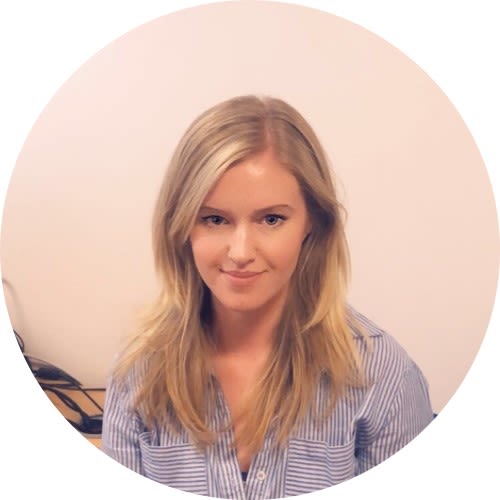
DAWN co vice chair, Kate Birds
DAWN co vice chair, Kate Birds
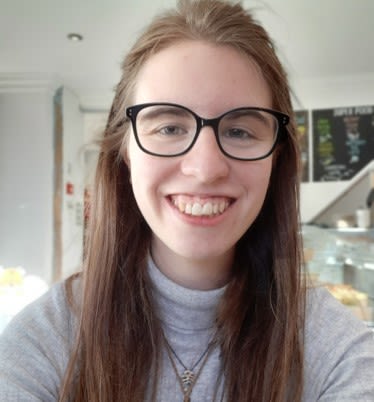
DAWN co vice chair, Portia Dodds
DAWN co vice chair, Portia Dodds
A new DAWN
Disability advocacy and wellbeing network
Number of members: 119
Contact: dawnnetwork@nice.org.uk
Our disability advocacy and wellbeing network (DAWN) empowers staff with disabilities, both seen and unseen. They do this by enabling staff with disabilities to inform and improve our working practices.
This year, the network has made fantastic progress, as co vice chairs, Kate Birds and Portia Dodds, explain...
What motivated you to help establish DAWN?

DAWN co vice chair, Kate Birds
Kate: I wanted to be part of something that could help everyone feel they have a space, a voice, and the ability to affect change. To hold those with the power to make substantial changes to account and to help make staff lives, both in work and out of work, better.
I wanted to be able to improve access, make inclusion second nature and remove the stigma that can often be applied to individuals with a disability.
My hope is that through groups like DAWN, those that are advocating for us can affect fair change for the organisation as a whole. So, no one will be left feeling stranded without a place to turn and feel heard. A community where all are welcome and not stigmatized, isolated or marginalised.
Portia: I wanted to build a supportive community for staff with disabilities so they could feel safe, confident and comfortable about bringing their whole self to work. I was motivated by my experience of having fantastic line managers at NICE and wanting to make sure that other staff had similar great experiences.
What are you especially proud of?
For both of us, there are 3 things really:
- Building a community and changing our culture: We’ve seen a visible change in culture. The community we have created within DAWN and how that is being reflected throughout NICE is amazing.
- Disability passports: These are living documents that staff with disabilities can use to have conversations with line managers. Our hope is that in using these passports and the supporting crib sheet, line managers of people with seen or unseen disabilities will provide more considered and more consistent support.
- Quiet and calm office space: We’ve been working on creating quiet and calm office spaces for those with physical and sensory impairments, and neurodiversity. The facilities team has been incredibly helpful, and we look forward to an initial launch soon.

DAWN co vice chair, Portia Dodds
Where do you think NICE is in terms of equality, diversity and inclusion (EDI)?
There is still more work to be done until EDI is always part of the conversation. But having seen the work that OD and EDI consultant, Nicky Tyson, and her colleagues have been doing and pushing for, we've no doubt that with time, effort and determination to not settle for less than we deserve, we'll get there.
How can colleagues get involved with DAWN?
DAWN is open to everyone interested in making NICE a more accessible place for all, whether you have a disability or not. We have a combination of those with seen and unseen disabilities, along with allies in our community, so please come and join us!
We have monthly meetings, regular coffee chats, monthly carer’s chats and monthly autism spectrum disorder meet ups.
Looking ahead, we’ll be creating more mini-groups for members, inviting more guest speakers, influencing senior leaders and policy, and developing a support plan for neurodiverse staff.
If you’d like to get involved with DAWN you can:
- email dawnnetwork@nice.org.uk
- join the Microsoft Teams channel: shm1ztu
- visit the DAWN page of NICE Space.
“We’re really happy to see a visible LGBTQ+ presence at NICE. But as the equalities report shows, we’re still only at the start of a very long journey.”
NICE and proud network

Proud to be NICE
NICE and proud
Number of members: 114
Contact: proud@nice.org.uk
Our NICE and proud network strives to make sure we are a place where everyone is comfortable being themselves, regardless of sexual orientation and gender identity.
Chair, Geoff Ellison-Roberts, and vice chair, Jeremy Dietz, are rightly proud of the foundations they’ve started to build.
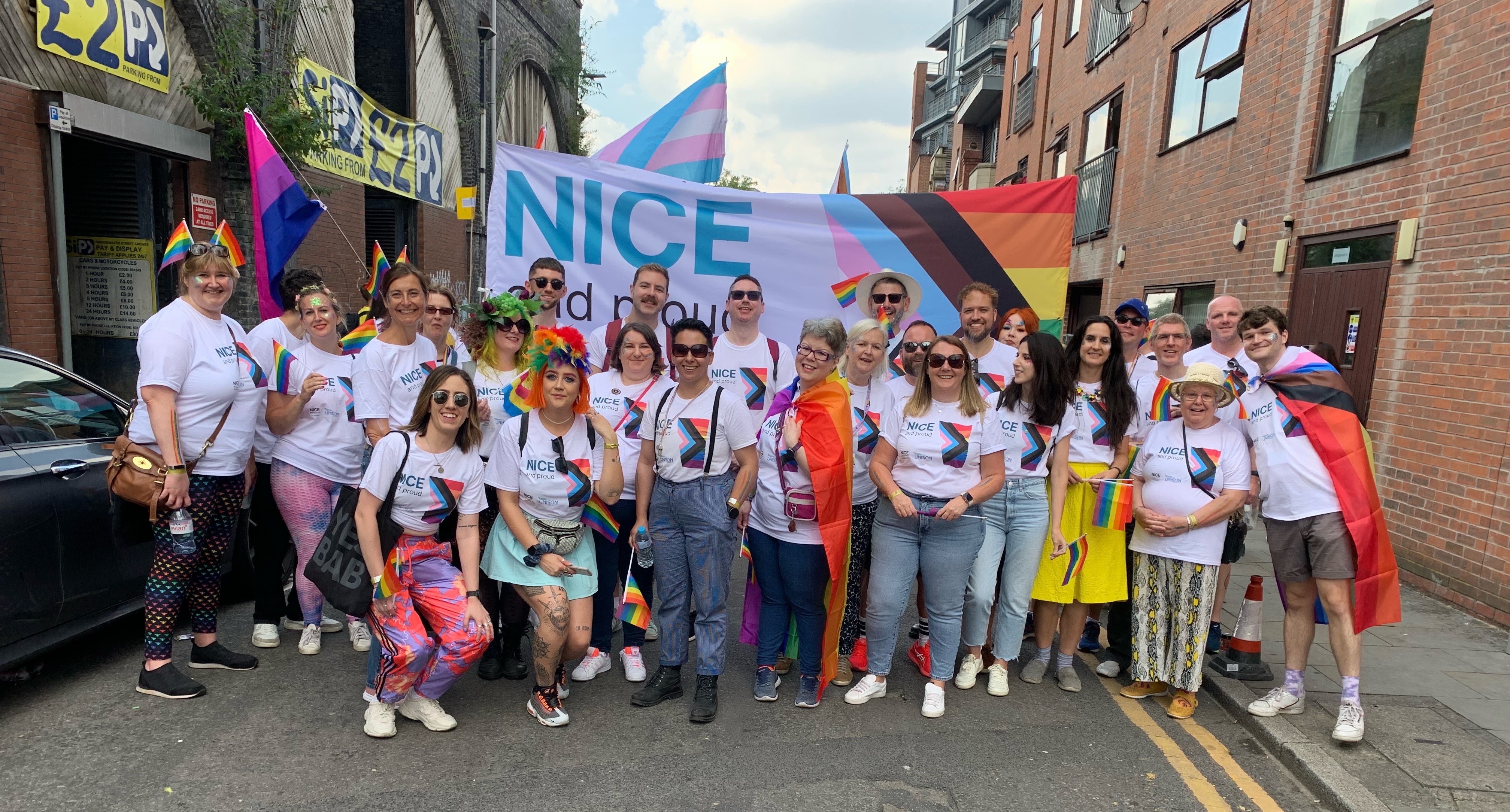
NICE took part in the Manchester Pride parade for the first time this year
NICE took part in the Manchester Pride parade for the first time this year
What motivated you to support the creation of NICE and proud?
Geoff: I’d been involved in EDI work for a while, but this was the first time staff had an opportunity to shape policy and make a difference. I felt that no one was standing up as a member of LGBTQ+ staff, and that I could not ask others to do it if I was not willing myself. Thankfully those days have long since passed!
Jeremy: When I joined NICE, I only knew 1 other LGBTQ+ person, which was a little isolating. When I heard there was a group being set up, I wanted to be involved. I really wanted to make sure there was a group that new starters at NICE, whether they were LGBTQ+ themselves or an ally, could be a part of.
How would you assess NICE in terms of EDI?
Geoff: The equalities report shows we’re still at the start. We’ve moved from realising we have a journey, to packing the car and getting off the driveway… but we're still in our home street and EDI utopia is a long way away.
There are 3 things to focus on right now:
- Working with our fantastic EDI team to achieve parity in reporting for all staff. Aspects of LGBTQ+ experience are not currently captured. An example is people being comfortable bringing their whole selves to work, and how we can make NICE a place where people feel supported and safe to do so, if they choose to.
- Asking staff to think about why LGBTQ+ staff are hiding their identities from colleagues. What do we need to do – and stop doing – as a collective and individually to empower LGBTQ+ people to be themselves at work.
- Stop thinking of LGBTQ+ as one homogenous group. Is it likely the different colours of the rainbow are doing similarly? I can tell you they are not. One size never fits all...
Thinking about the past year, what are you especially proud of?
Geoff: NICE walking in the Manchester Pride parade for the first time was pretty special for us and demonstrates the community feel we’ve built. We’ve been involved in some of the health inequalities work this year, most visibly taking part in discussions around gendered language in guidance. It’s also pleasing that the NICE EDI action plan includes an ask to improve LGBTQ+ data in the annual equalities report. Seeing that in writing is really important.
How can colleagues get involved in NICE and proud?
Jeremy: We meet in many different ways, from coffee chats to monthly webinars/talks and socials. Looking ahead, we have lots planned. There’s a lot of lovely people doing a lot of great work. And I’m excited to see what we can achieve together.
If you’d like to get involved with NICE and proud you can:
- email proud@nice.org.uk
- join their Microsoft Teams channel: xnil79g
- visit the NICE and proud page of NICE Space.
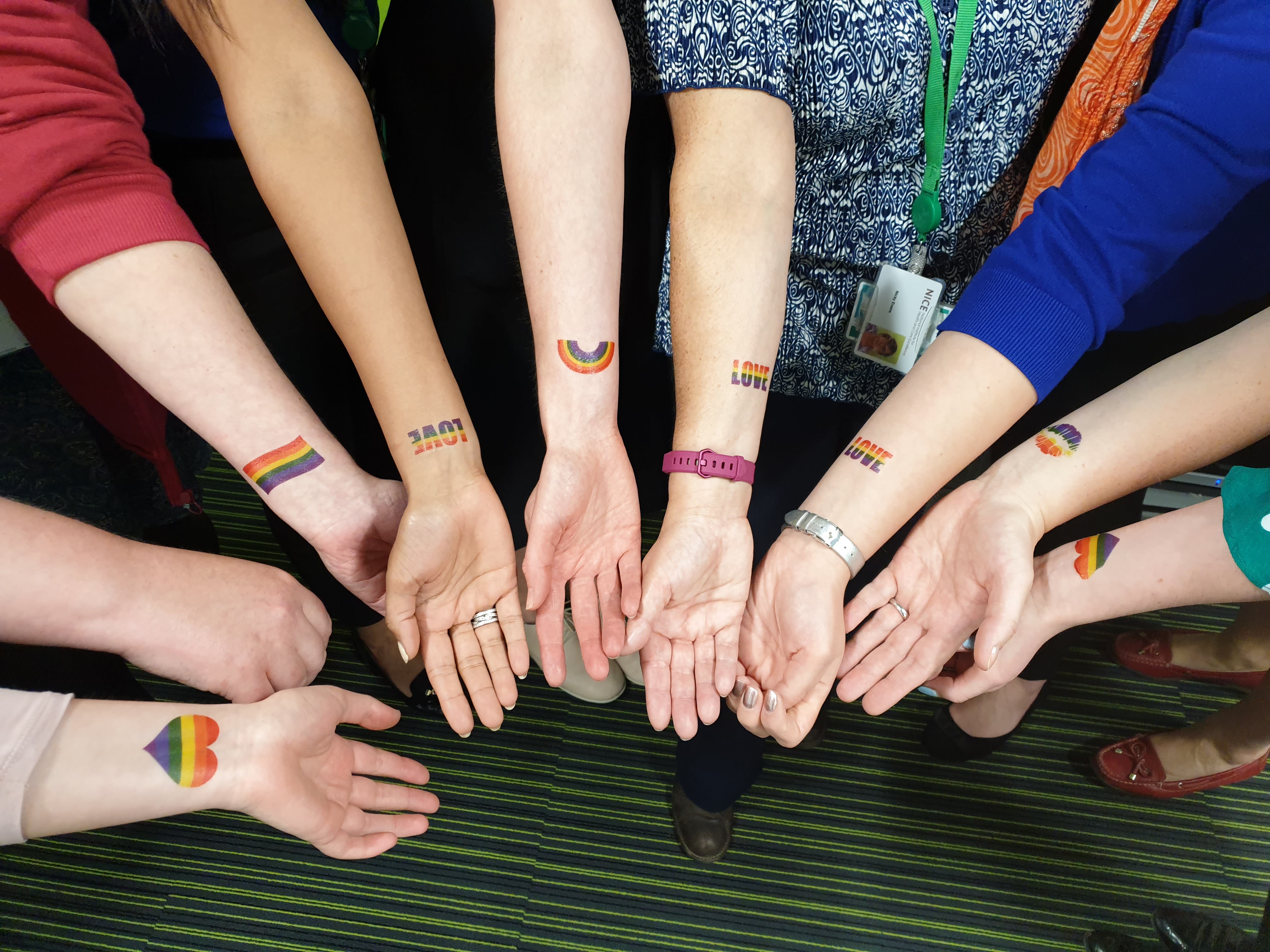
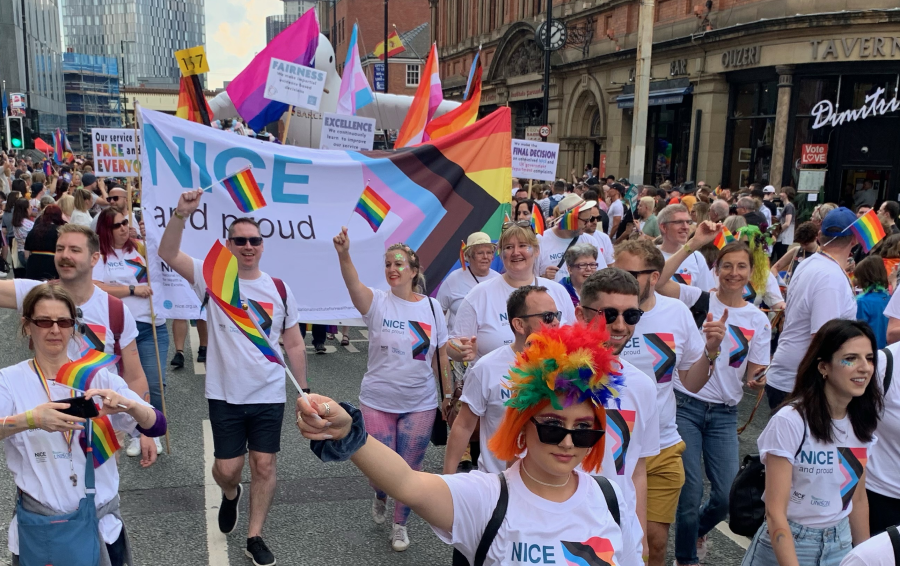
"We need allies each and every day. Racism plays out in every single area of life. To effectively defeat it, you need to be continuously working towards equality for all races."
Race equality network
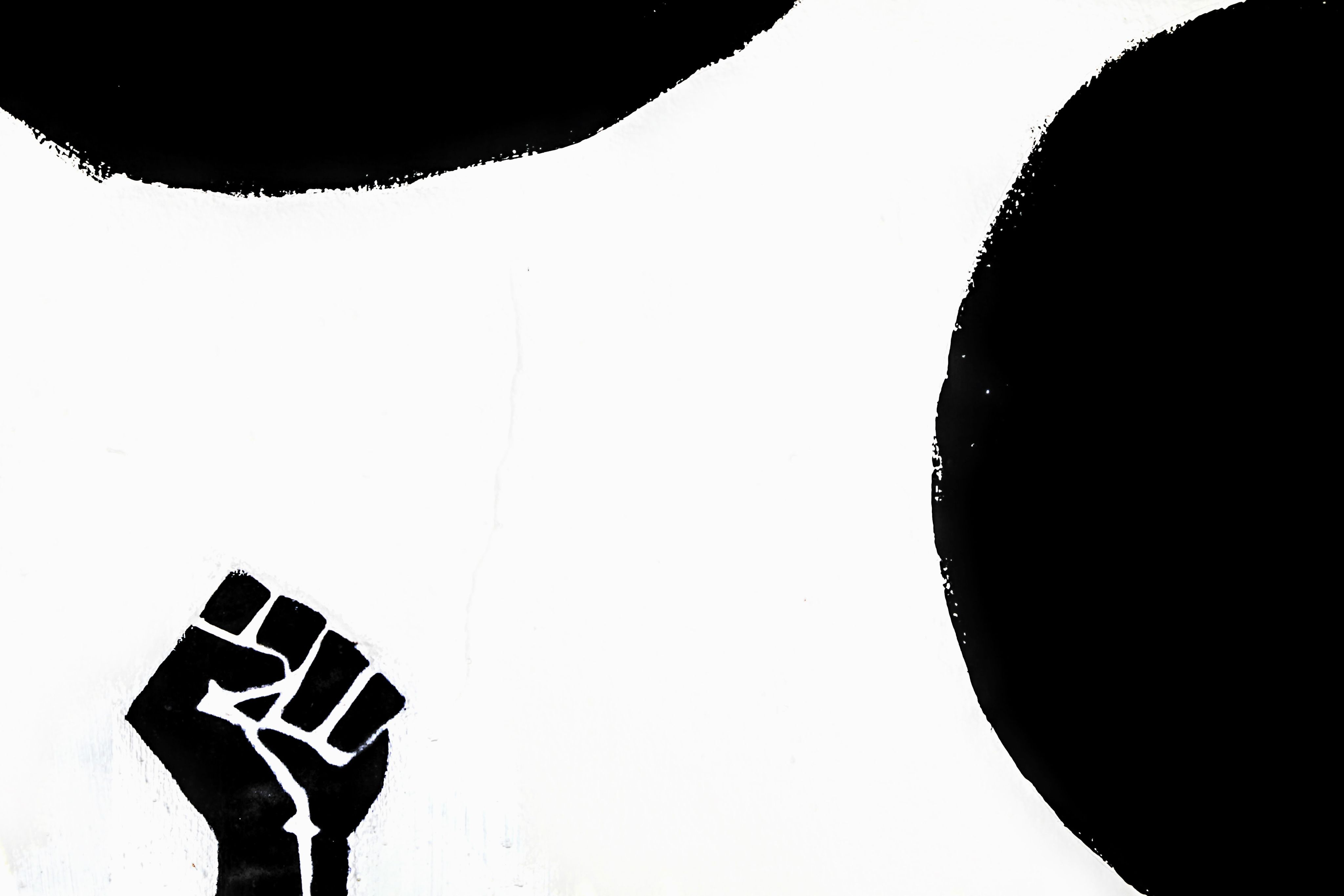
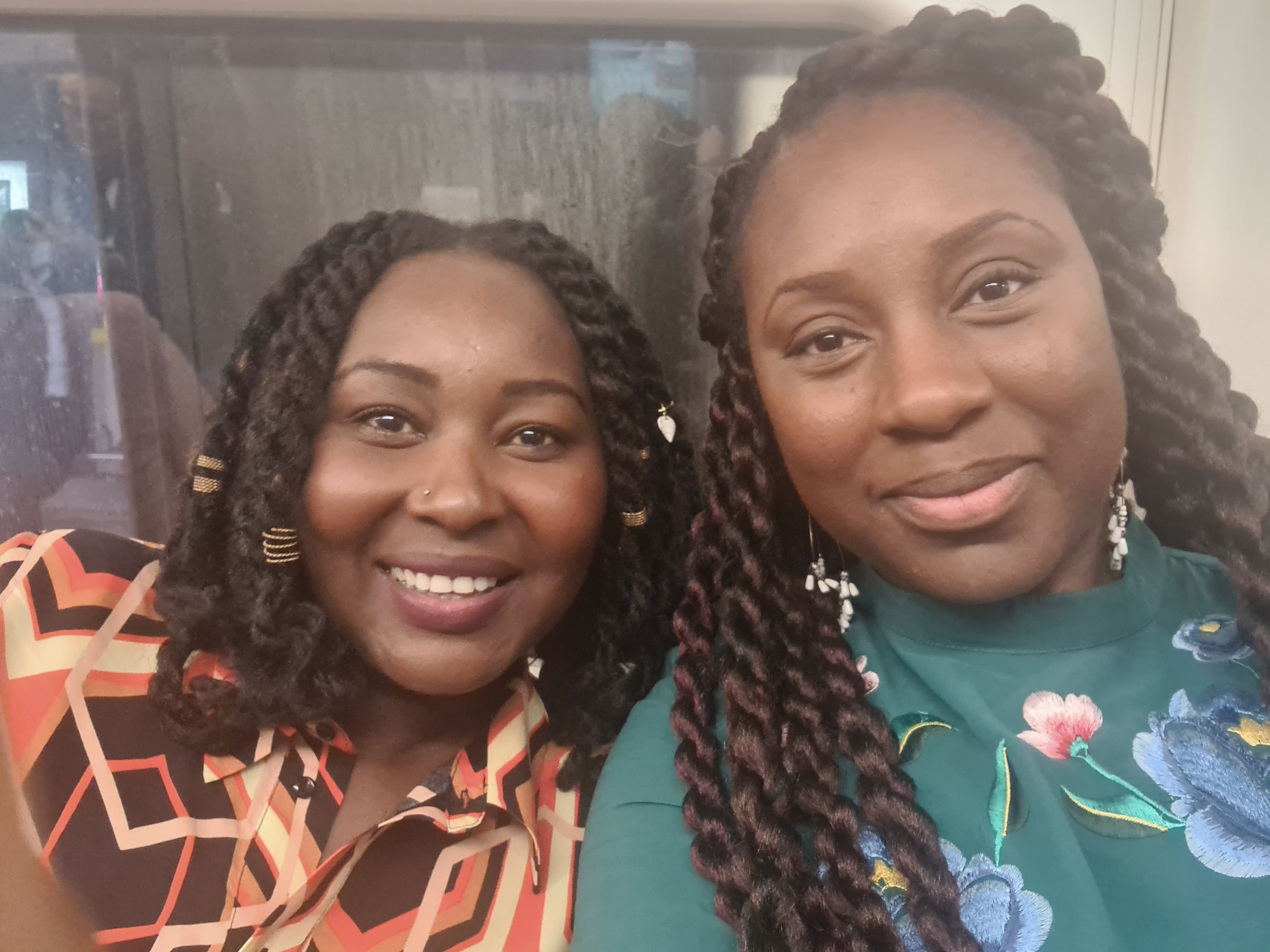
Jean and Stevie are proud of the progress REN has made this year
Jean and Stevie are proud of the progress REN has made this year
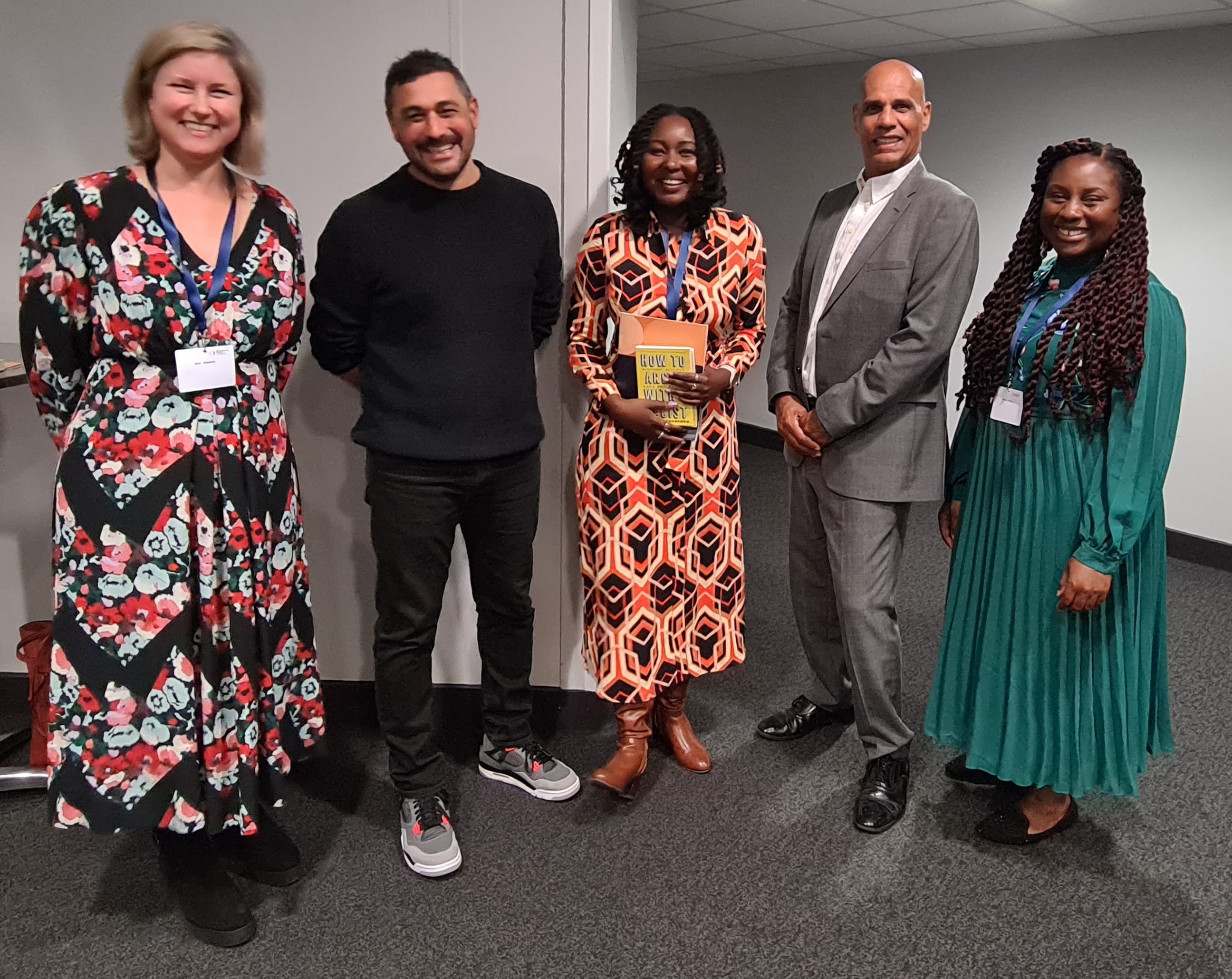
Stevie and Jean joined our chief executive, Sam Roberts, at a 'Race, Science and the NHS' event in October. Dr Adam Rutherford lectured on the impact of scientific racism and how it has impacted the NHS.
Stevie and Jean joined our chief executive, Sam Roberts, at a 'Race, Science and the NHS' event in October. Dr Adam Rutherford lectured on the impact of scientific racism and how it has impacted the NHS.
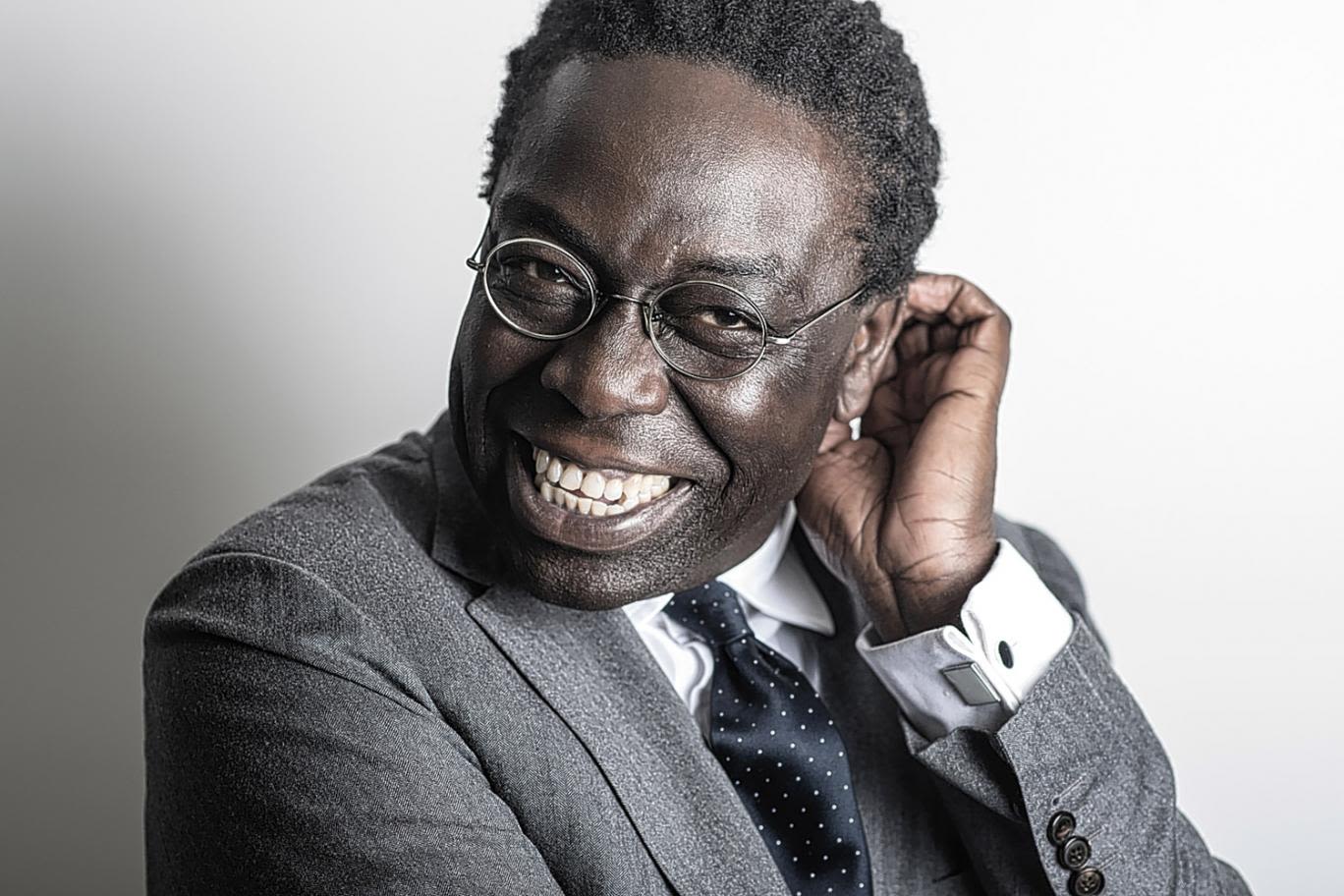
Lord Victor Adebowale launched Black History Month at NICE this year. His keynote event was attended by more than 240 staff.
Lord Victor Adebowale launched Black History Month at NICE this year. His keynote event was attended by more than 240 staff.
Racing towards equality
Race equality network
Total number of members: 165
Contact: ren@nice.org.uk

Jean and Stevie are proud of the progress REN has made this year
Our race equality network (REN) tackles issues faced by staff from Black, Asian and minority ethnic backgrounds. The network challenges discrimination and underrepresentation, as well as providing a safe space for staff to connect and be supported.
Co chairs, Stevie Okoro and Jean Masanyero-Bennie, share their pride for the traction and presence the network has built over the past year.
What motivated you to help create REN?
Jean: Initially, no one else had come forward, and I thought I should not expect anyone else to do the work that I was not prepared to do myself. I then read the equality report and hosted the first listening event. Hearing and seeing the race inequality lit something in me and now I’m very passionate about the cause.
Stevie: I’ve always been drawn to helping people achieve the best of themselves. I originally thought this was an opportunity to meet more people across NICE, but it has been so much more and I love it! I did not understand the gravity of the work that needed to be done but I’m so proud of what we have achieved.

Lord Victor Adebowale launched Black History Month at NICE this year. His keynote event was attended by more than 240 staff.
What are you particularly proud of?
As a network, we’ve achieved a lot in just a short time, but we’d particularly highlight:
- Supporting the launch of inclusive recruitment panels. This is very important as a first step to addressing the recruitment bias highlighted in the latest equality report.
- Organising NICE’s first race equality week and hosting events with 2 of the biggest names in race equality, Yvonne Coghill and Lord Victor Adebowale, for International Women’s Day and Black History Month. The engagement has been amazing.
- Engaging with the executive team and having candid discussions about race equality, including being invited to the public board!
- Working with OD and EDI consultant, Nicky Tyson, to build an implementable action plan.
What are your priorities for the coming year?
Maintaining momentum, with everyone engaging. We want all the work this year to be the foundation for next year. We hope to have a full calendar with different activities, starting with Race Equality Week in February. February is LGBT+ History Month, so we’re joining forces with NICE and proud to have a cool selection of inspiring speakers. It would also be great if everyone at NICE received anti-racism training as a minimum.

Stevie and Jean joined our chief executive, Sam Roberts, at a 'Race, Science and the NHS' event in October. Dr Adam Rutherford lectured on the impact of scientific racism and how it has impacted the NHS.
Where do you think NICE is in terms of EDI?
NICE is aware of its current race inequalities. Our executive team is well informed about this, and the rest of the organisation is becoming aware too. Now we need to act. The good news is we have an action plan and an implementation plan.
Recruitment is an important area. Linked to that is our organisational culture – we're not sure we're transparent enough around career progression. There's a lot of work being carried out by the EDI team in HR around mentoring and sponsorship schemes.
The team is also commissioning a new EDI learning and development offer which will include an anti-racism module. There is momentum and we cannot slow down.
How can staff get involved?
We meet weekly for tea breaks, and monthly for more formal meetings. Alongside this, we host talks with internal and external speakers on varied topics such as Ramadan or diversity in children’s books – you can find recordings on our REN page of NICE Space.
But we need allies each and every day. Racism plays out in every single area of life. To effectively defeat it, you need to continuously work towards equality for all races.
Here’s some ideas of how you can help:
- Learn more. The more you gain knowledge, the harder it is to ignore.
- Recognise and use your privilege. Acknowledging your privilege does not mean you have not worked for what you have. It simply means that you have not been discriminated against. Once you acknowledge your privilege, you can use it to amplify the experiences of others who may not have been afforded the same advantages as you.
- Speak up! This is very important. If you see something that makes you uncomfortable, say something. Call out racist stereotyping and micro-aggressions - but criticise what was said rather than the person. Do not be afraid of getting it wrong.
If you’d like to get involved with REN you can:
- email ren@nice.org.uk
- join the Microsoft Teams channel: 9ysys2v
- visit the REN page of NICE Space.
What is NICE if not its people? Together, each of us creates NICE’s culture, so building a truly diverse and inclusive community is everyone's responsibility.

Actions speak louder than words
Creating a culture in which talent, creativity and innovation can thrive is so important to us.
Our annual equality report shows we've taken some important steps over the past year, not least with the establishment of our 3 staff networks.
This includes an increase in the representation of Black, Asian and minority ethnic staff, including at band 8a and above.
But, it’s clear we still have much more to do.
EDI is everyone’s responsibility
What is NICE if not its people? Together, we create NICE’s culture. No matter your role, creating a truly diverse and inclusive community is everyone’s responsibility.
Working with our staff networks, we’ve developed an action plan to help us address the key areas for improvement. We need you to be part of it.
Our areas of focus include:
- Improving the representation of Black, Asian and minority ethnic staff at senior levels (band 8a and above).
- Improving staff experience, with a particular focus on the experiences of those with disabilities, including long term health conditions.
- Continuing our work to improve the quality of our workforce data, including that relating to LGBTQ+ staff.
The plan also includes our networks’ priorities for the coming year, as we focus on actions, not words.
If you’d like to know more about what we’ll be doing in the next 12 months, read our NICE Space article, ‘Our equality, diversity and inclusion action plan 2022/23’.
You can also find out more in our annual equality report. Our NICE Space article, ‘Annual equality report 2021/22’, sets out the progress we’ve made and the areas for improvement in more detail.
Enjoy this article?
Get in touch and let us know.